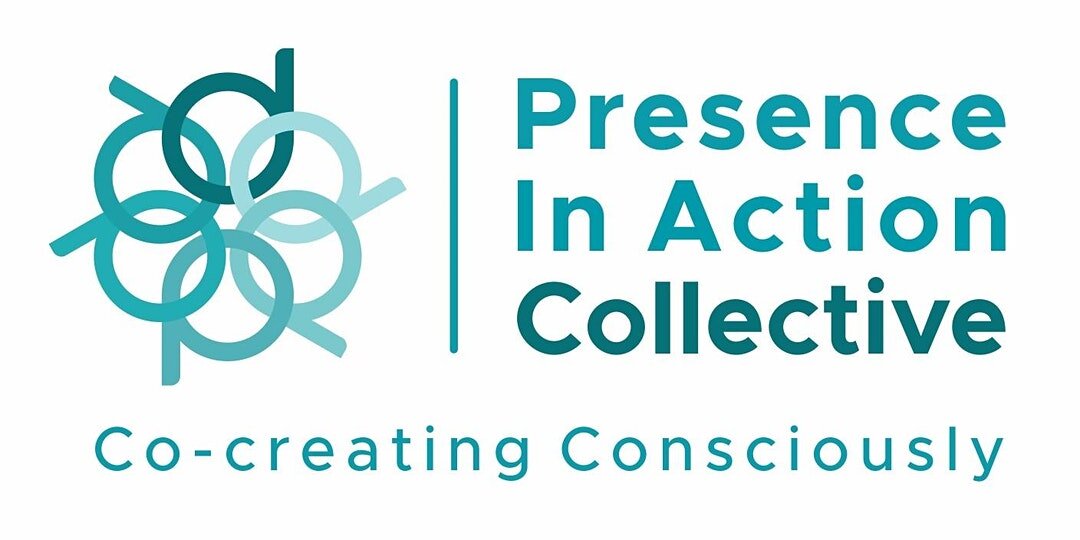Why little matters when it comes to feedback
Pre lockdown, I was walking home from town and I received a call from a work colleague. We chatted and then she said ‘By the way your email is not working. I still haven’t received your comments on the proposal.’ At the time I noticed a tension in me. My mind went into a spin - ‘oh-no, my-tech-isn’t-working-how-am-I-going-to-sort-it-out-I-have-no-time-i-have-to-pick-up-my-daughter-from-school-dear-god-the-proposal-what-will-the-team-think….’.
The facts were:
- I had sent a response.
- My email was working.
- The tech problem was on my colleague’s end.
In the few words of ‘your email is not working’ I was being given a very subtle form of feedback. In reaction to that, my mind (and body) moved into a place of ‘It’s my problem, it’s my fault…ahhh..panic’. You may be thinking, Laura build a bridge, develop some grit…GET OVER IT! This is such a small comment.
I agree with you, yes it is small and the time it took for me to make meaning about myself was even smaller. And, I would argue, it is these little exchanges that build and potentially damage relationships over time. It is these small words that influence and inform the teams and wider company culture we contribute to. In Gladwell’s work the Tipping Point, he emphasises the idea that little’s eventually tip into a larger movement. They matter. I believe that it is in our exchanges, including these small rushed ones, where various seeds of culture are planted, including trust.
If you are questioning how feedback is currently delivered in your organisation; challenging the way things are done or reflecting on your own company culture, then please connect.

